South isn’t woke; it’s queerphobic
An excerpt from the mural created by last year’s VOICES cohort. For queer individuals at South High School, we still lack the respect that we are entitled to have regardless of our sexual or gender orientations.
Faggot. Trap. Bitch. Tranny. Freak. Dyke. Shemale. Twink.
These are the words that continue to reverberate around the white brick walls of South High School. Somehow, they always find their way back to me as a constant reminder that, maybe, I don’t belong here.
I hear these words in class. I hear them at lunch. I hear them throughout the hallways. I hear them in my head, because a part of me believes that they might be right about me all along.
I know that I’ll hear them when I attend this year’s prom in a dress; is that the king or the queen? I know that I’ll hear them after I publish this article, because it feels like nothing ever changes at South High School. I know that I’ll hear them at graduation when I receive a diploma bearing a name that is not mine, because a cap and gown can never save me from who I am: different, alienable, unruly, queer.
I also know that my story—like many others—will be swept under the rug because our “wokeness” at South High School somehow exempts us from embodying the very hatred and ignorance that we critique within our classrooms, at our lunch tables, and of our world.
Yet, the uncomfortable truth is that South High School is far from a safe haven for queer students, and I refuse to erase our struggles under our liberal bubble. This is my story, and I hope that my experiences will shed light on the countless others who feel excluded from South High School’s vision of lifelong excellency for its students.
Beneath the appealing statistical data of student diversity and South High School’s seemingly justice-oriented mentality is a hostile environment that can feel tiring and even traumatic for many of us.
According to junior Cor Barnhill, the discussion about queerphobia is often neglected. “It’s frustrating because you’ll talk about discrimination in schools and people are like, ‘oh yeah, but South isn’t like that; South is a great place to be if you’re queer!’ but it’s not really,” they said. “There are a lot of problems.”
For senior Quinn Williams, the truth about South High School isn’t always clear cut. “I think that institutionalized homophobia is way more real than a lot of people think,” she said.
Institutionalized queerphobia refers to the ways in which our sexual and gender identities follow us wherever we go as a result of how society marks us as “other.” Who we bring home can conflict with the “values” of our families and even get us kicked out. The ways in which we present ourselves in public can deny us integrity or even provoke strangers. Employers may not respect our identities, which can lock us out of important sources of income. No matter where we go, we cannot escape who we are and who we are made out to be.
As a queer student in a high school setting, it can be a scary experience navigating the hallways or entering a classroom. There’s always uncertainty regarding how others will see me, because I know that I’m different, and they know that I’m queer. Without a supportive administration or an accepting student body, finding help seems helpless.
For Williams, it can feel isolating: “At this point, it’s just ‘If you need help, just go and get it’ and there isn’t that much of people coming to you,” she said. “It can be hard to feel comfortable or even know if you need to reach out to someone.”
Barnhill was also stumped on the question of finding help. “The adults in this building are those who I’ve had problems with.”For people who don’t have great support systems, that sucks because adults are supposed to be those you go to.”
Barnhill added that there are lots of problems regarding how staff members interact with queer students. “I have had some problems with teachers; specifically teachers not respecting pronouns or not respecting my name,” they said. “That should not happen.”
The present isn’t pretty, and it may seem that all is lost.
However, as much as I am angry and upset at the status quo, I am equally if not more hopeful for the future. I have faith that we can inspire change among ourselves, our peers, our communities, and, eventually, our school.
Barnhill, too, is optimistic about South High School’s direction: “There are still a lot of people who will go out of their way to make this easier for you,” they said. “It’s been really important for my experience at South High to have people who are ready to stand up for me.”
“I would definitely advise students to stay true to who you are because—especially in high school and where our country is at right now—it can feel really scary and feel safer to push it down and hide who you are,” Williams stated. “If that means coming to school in full drag, then fucking come to school in full drag.”
Only by making our voices heard and our demands clear can we work towards a future of South High School that has us in mind. We must continue to strategize around concrete solutions, but also dream big about what justice means for us and let our imaginations guide us into change.
For example, Williams suggested more intersectionality at South High School’s justice-oriented groups. “I’ve noticed from being in SUSOSH is that queerness is always left out of the conversation,” she said. “I know we have a GSA, but it’s not very big or well-known.”
Barnhill suggested more cultural competency and diversity training for staff members. “A short amount of effort can probably address that problem,” they said. “Just like, telling them what they could do instead, and why [misgendering, deadnaming, etc.] affects people in a negative way.”
It’s clear that there are a mountain of demands that must be fulfilled before we can even come close to building a South High School that we can find a home in. As Barnhill said, “There’s a long way to go until all students can feel like they are represented and heard in their school.” For us, it’s a matter of continuing the struggle on school grounds and never faltering in our fight for our place at the table.
But as much as our mission seems daunting or even impossible, the spirit for change is here. I’ve seen individuals who have relentlessly advocated for themselves and their communities. I’ve seen many rise to the occasion and champion the issues that plague them every day. I’ve seen change happen, and I believe in it.
The road may be long, weary, and uncertain. Yet, what’s evident is that we are all capable of taking the route towards equality, freedom, and the liberty to be queer; we are all deserving of love, tolerance, and justice.
There will be times where we don’t win, and there will be times where we feel that nothing is happening. But there will also be times where we feel unstoppable, and there will be times where we can say “we did it.” Our future is for the taking, and I cannot wait for the day that we will have known that the work, the pain, and the effort was all worth it.
And so, we press on.
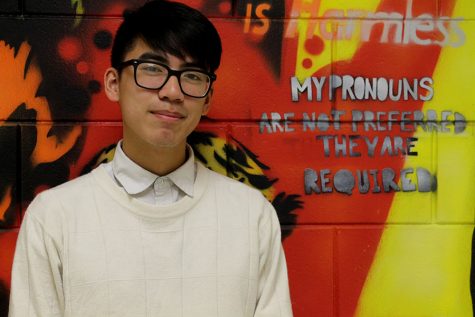
Senior B Fei, a Staff Writer on the newspaper since the beginning of this school year, can be found sporting a myriad of sweaters and wearing their signature...

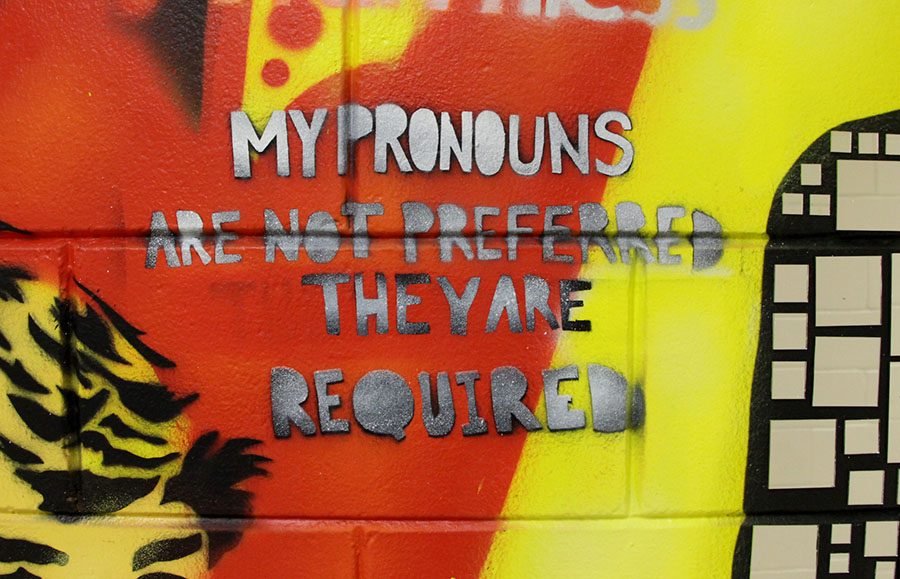
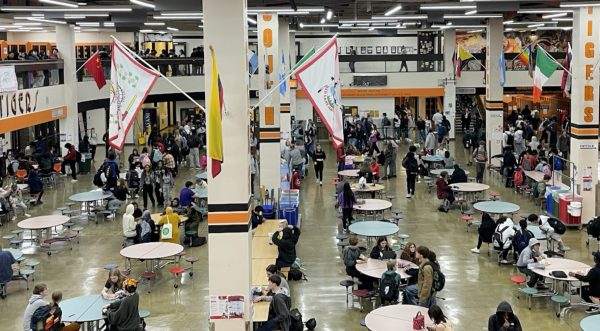
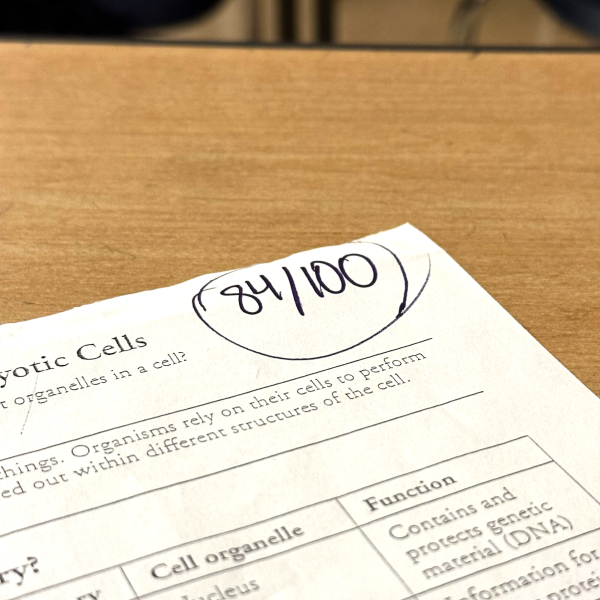
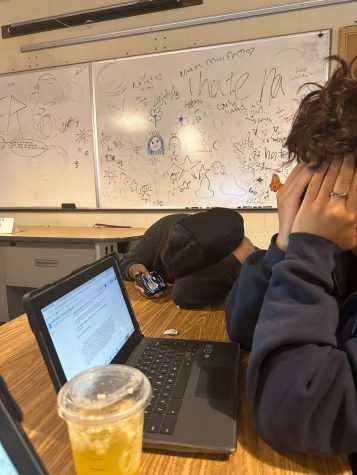
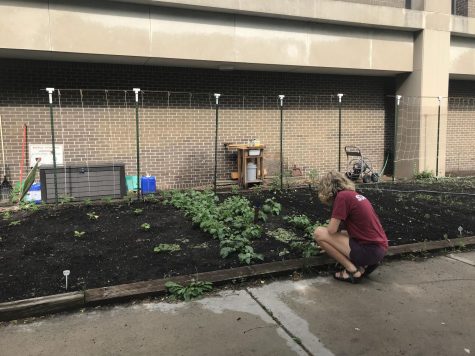
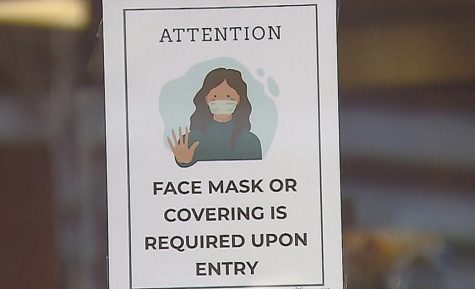

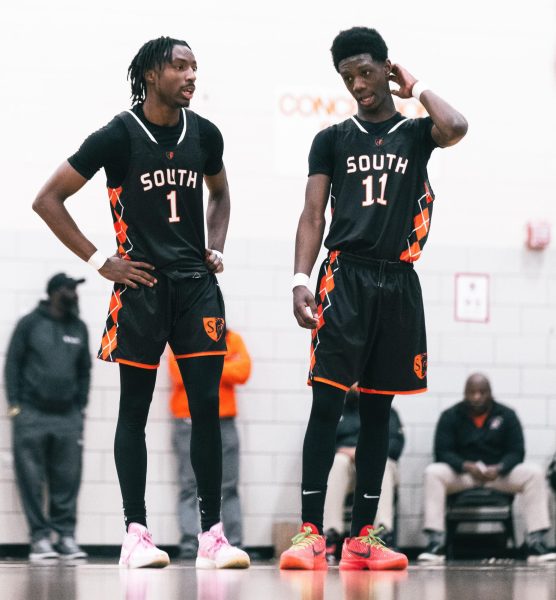
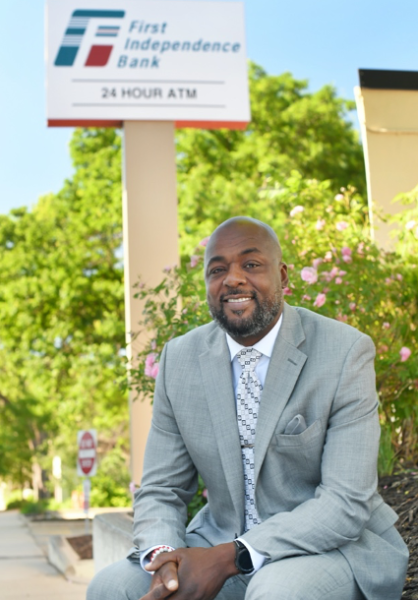
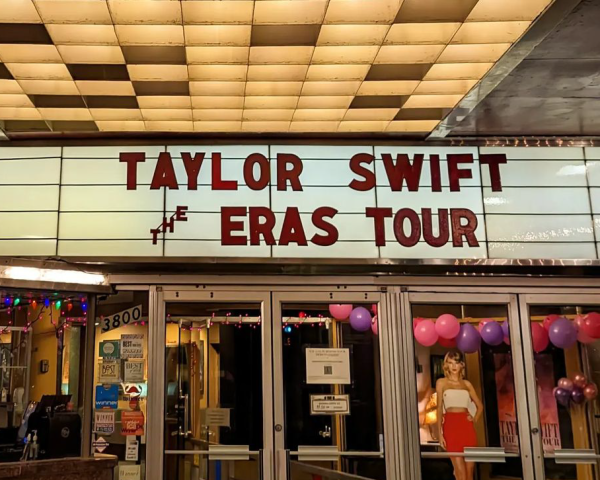
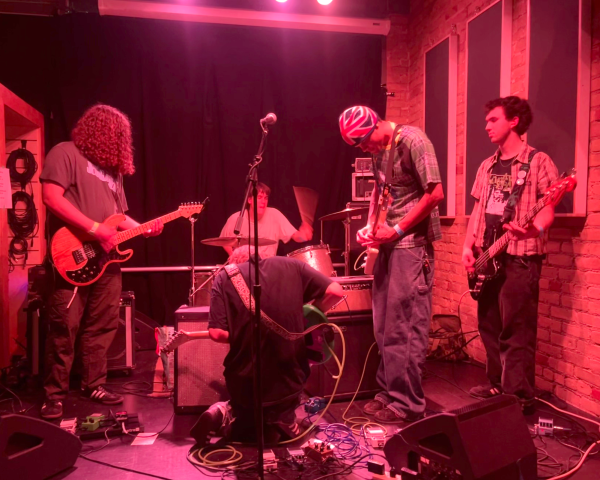
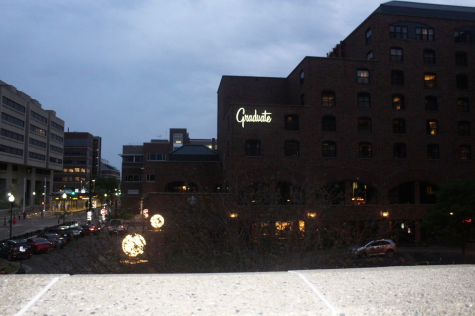
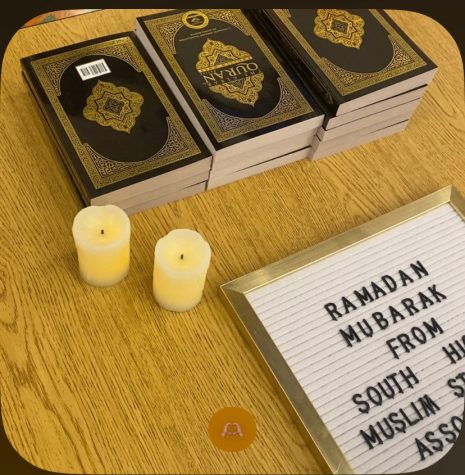
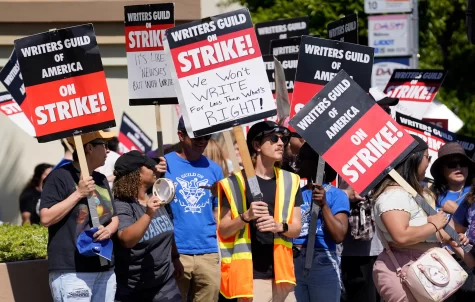
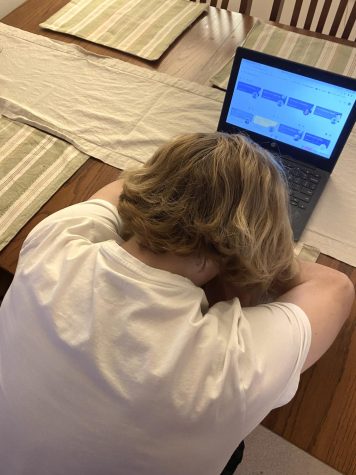
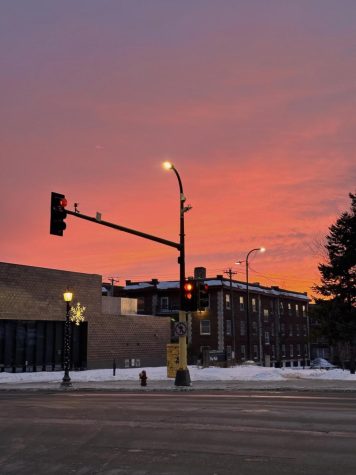
Maddy Fernands • Sep 6, 2019 at 6:30 pm
I love you B. <333333333333333333333333333333